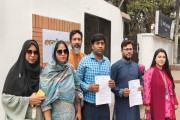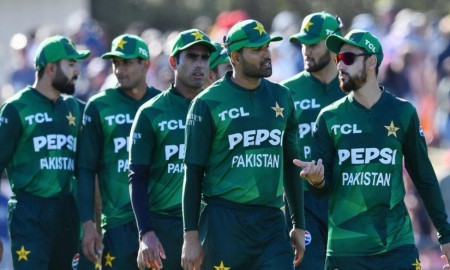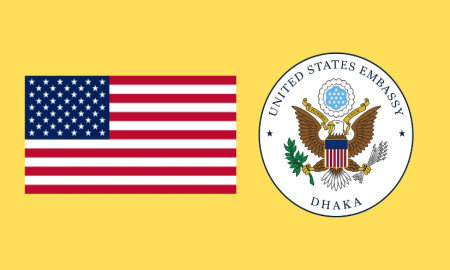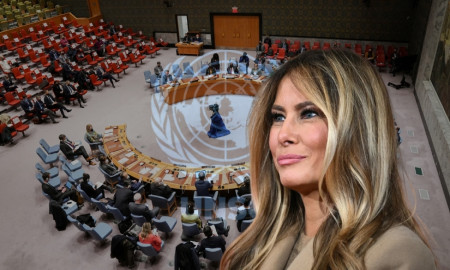HSC Pass with only Class 7 Knowledge, World Bank Warns
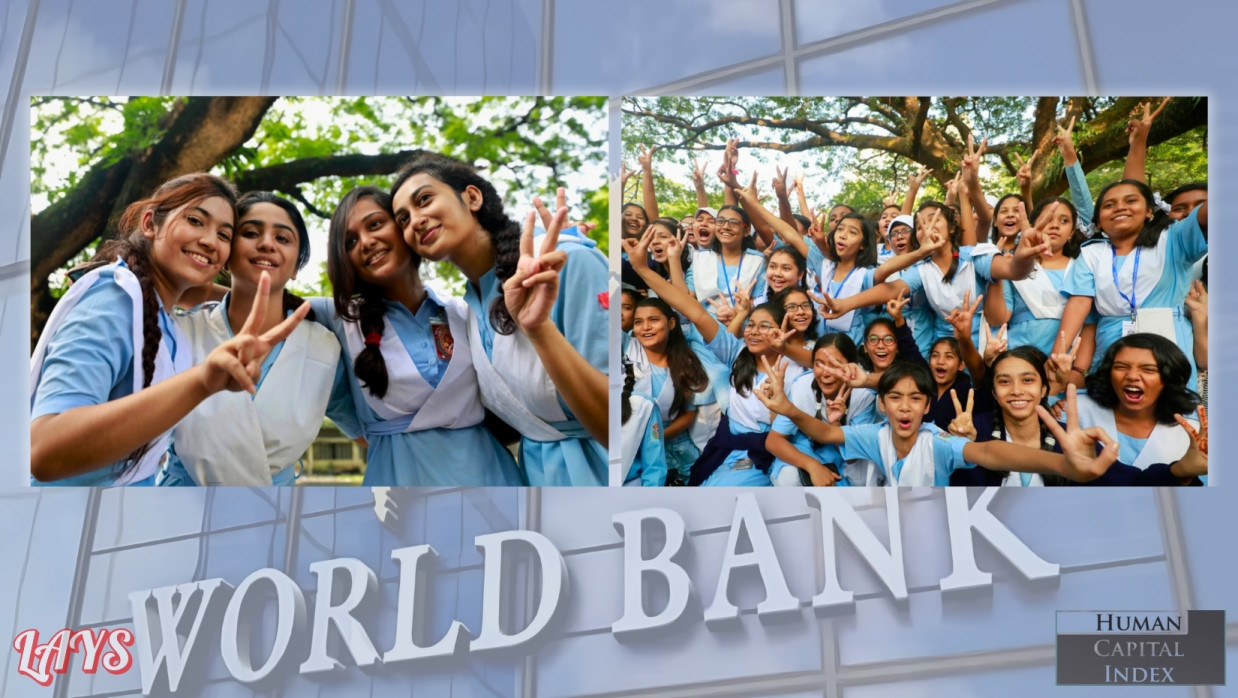
The quality of education for Higher Secondary Certificate (HSC) passers in Bangladesh is equivalent to only the seventh grade by international standards, according to the World Bank’s 2018 Human Capital Index (HCI), exposing a critical gap between years of schooling and actual learning outcomes. This finding has raised alarm over the state of Bangladesh’s education system, highlighting profound deficiencies that threaten workforce competitiveness and economic growth.
The 2018 HCI reveals that a child starting school at age four is expected to complete 10.2 years of schooling by age 18. However, when adjusted for learning quality, this equates to just six years of effective education, reflecting a 4.2-year deficit. For HSC passers, who complete 12 years of schooling—five years of primary, five years of secondary, and two years of higher secondary—their learning outcomes align with roughly the seventh grade internationally. Bangladeshi students score 368 on a harmonized test scale, where 625 represents advanced attainment and 300 indicates minimum attainment, signaling limited proficiency in foundational skills like reading, writing, and mathematics.
Metric |
Value |
Expected Years of Schooling |
10.2 |
Learning-Adjusted Years of Schooling |
6.0 |
Learning Gap |
4.2 |
Harmonized Test Score |
368 |
This gap is not merely numerical but reveals a deep-seated weakness in knowledge acquisition and skill development, leaving HSC graduates ill-equipped for global labor markets. Many struggle with university admission tests, fail to comprehend essay-based questions, and show significant deficits in subjects like programming, mathematics, and research-based studies. Education analysts attribute this to a rote-learning culture, exam-centric evaluations, reliance on guidebooks, and inadequate teaching. Students often pass exams by memorizing common questions or answers but lack the analytical and problem-solving skills demanded internationally.
Bangladesh’s education administration acknowledges the learning deficits among students outlined in a recent World Bank report. They attribute these gaps to socioeconomic challenges that hinder overall educational progress. While working on quality improvements, including better teacher training and salary enhancements, officials note that transforming education quality takes time and cannot happen overnight.
Mohammad Mizanur Rahman, Additional Secretary (Secondary-2) of the Ministry of Education’s Secondary and Higher Education Division, told The Daily Campus, “There are shortcomings in the syllabus, evaluation methods, and teacher quality. The government is addressing these areas. Simply increasing salaries won’t suffice. Students moving from primary to secondary education lack adequate learning proficiency, carrying deficits into higher secondary levels. We are emphasizing digital education, arranging proper teacher training, and working on recommendations from the white paper committee.”
Masud Akhtar Khan, Additional Secretary (School) of the Ministry of Primary and Mass Education, told The Daily Campus, “The ministry is aware of the primary education deficits mentioned. We are exploring ways to address these gaps. Our adviser and secretary can provide further details.”
The HCI, launched in 2018 as part of the World Development Report 2019, measures future workforce productivity based on health and education outcomes. Bangladesh scored 0.48, ranking 106th out of 157 economies, meaning a child born in 2018 will achieve only 48 percent of their potential productivity due to education and health limitations. The 2020 HCI reported a slight improvement to 0.5, but the COVID-19 pandemic likely exacerbated learning losses, with a 2021 analysis estimating learning-adjusted years dropping to 5.3 years due to school closures.
Despite near-universal primary enrollment and progress in secondary education, Bangladesh’s education system faces a quality crisis. The World Bank stresses that increasing schooling years is insufficient without meaningful learning outcomes. Education officials acknowledge socio-economic challenges as barriers. Md. Mizanur Rahman, Additional Secretary (Secondary-2) of the Secondary and Higher Education Division, Ministry of Education, told The Daily Campus, “Deficiencies in syllabus, evaluation methods, and teacher quality persist. The government is addressing these through digital education, teacher training, and whitepaper recommendations. Sudden salary hikes alone won’t suffice. Students carry learning deficits from primary to higher secondary, which remain unaddressed.”
Masud Akter Khan, Additional Secretary (School) of the Primary and Mass Education Ministry, said, “The ministry is aware of primary education shortfalls and is working on solutions. Advisors and the secretary can provide more details.”
.jpg)
Experts identify rote learning, untrained or underqualified teachers, and a lack of analytical learning as key drivers of the crisis. Professor A.S.M. Amanullah, Vice-Chancellor of the National University, told The Daily Campus, “Insufficient investment in primary education has left its quality lacking. Unmotivated primary teachers, often engaged in non-teaching tasks, fail to deliver proper instruction, creating deficits that persist. Teachers lack training in subjects like English and mathematics, and low salaries fuel dissatisfaction, hindering classroom focus.”
Professor Moninur Rashid of Dhaka University’s Institute of Education and Research noted, “Ninety percent of students fail Dhaka University’s admission tests due to learning deficits from primary to higher secondary. High pass rates mask the absence of qualified teachers. We avoid hiring skilled teachers due to salary demands, but without them, students suffer. Most teachers, educated at the National University, have their own learning deficits, which they pass on.”
Professor Dr. Golam Mohiuddin, Director of Chittagong University’s Institute of Education and Research, added, “Inadequate teacher training and failure to attract talent cause learning deficits. Students chase GPA-5 through rote learning, not foundational education, failing in later stages. Urban students may receive better instruction, but rural students face significant gaps, impacting overall quality. Increasing teacher incentives would boost rural teaching and aid improvement.”
.jpg)
Education analysts highlight that student learning deficits in Bangladesh stem not only from completing formal curricula but also from a lack of practical knowledge, analytical skills, problem-solving abilities, and critical thinking. Many HSC graduates fail university entrance exams, struggle with analytical questions, and show significant weaknesses in programming, mathematics, and research-based subjects, which analysts attribute to structural flaws in the education system.
Experts point to rote learning, exam-centric assessments, lack of analytical education beyond textbooks, and untrained or underqualified teachers as key causes of the crisis. Students often pass exams by memorizing guidebook answers or relying on predictable questions, yet they fail to acquire globally competitive skills. This is compounded by teachers’ inadequate knowledge and ineffective classroom instruction.
To address this, analysts urge immediate reforms: incorporating analytical learning in curricula, enhancing teacher training and skills, overhauling exam formats, and establishing a national system to evaluate education quality.
Professor ASM Amanullah, Vice-Chancellor of the National University, told The Daily Campus that insufficient investment in primary education has left its quality in question. “Primary teachers lack motivation and are often engaged in non-teaching tasks, preventing them from teaching effectively. This creates significant learning gaps that persist as students move to secondary levels and beyond, with no subsequent recovery.”
Highlighting the lack of teacher training, Professor Amanullah added, “Primary students struggle with English and mathematics because teachers don’t know how to teach these critical subjects effectively. Teachers need adequate training and higher salaries. Their dissatisfaction hinders classroom focus, perpetuating learning deficits unless addressed.”
Professor Moninur Rashid from Dhaka University’s Institute of Education and Research told The Daily Campus that benchmarks expose the poor state of Bangladesh’s education quality. “Ninety percent of students fail DU’s entrance exam due to learning deficits from primary to higher secondary levels. These gaps, built over decades, stem from inflated pass rates hiding poor teaching. We avoid hiring qualified teachers because they demand higher salaries. Most teachers come from the National University, where education is substandard, so they carry deficits into their teaching, and students suffer.”
He emphasized the need for heavy investment in education. “A BUET student teaching would raise quality, but you can’t hire them for 12,000 taka. They need proper incentives. Frequent curriculum changes force teachers and students to rely on rote learning in subjects like ICT and mathematics, driving education quality downward.”
Professor Dr. Golam Mohiuddin, Director of Chittagong University’s IER, said, “Untrained teachers and failure to attract talent create learning deficits. Students, driven only for GPA-5, memorize instead of learning fundamentally, failing at higher levels. Urban students may get better teaching, but rural students face severe gaps, impacting overall education and global competitiveness. Increasing teacher benefits would draw talent to rural areas, improving quality.”
Despite progress in education access over two decades, quality deficits harm Bangladesh’s economy. Weak foundational skills, lack of analytical ability, and poor problem-solving create a shortage of skilled workers, reducing productivity and hindering economic growth. This weakens employment prospects and poverty reduction efforts.
The World Bank’s 2018 Human Capital Index (HCI) ranks Bangladesh 106th out of 157 countries with a score of 0.48, meaning a child today will achieve only 48% of their potential productivity if education and health systems remain unchanged. Experts stress that education must prioritize skills, practical knowledge, and analytical thinking over exam scores and certificates. Students who memorize textbooks pass exams but lack real-world knowledge and skills, falling behind globally.
Analysts call for a shift from exam-centric education to teaching that fosters critical thinking, problem-solving, and real-world relevance to overcome this crisis and support economic progress.
The education quality deficit is casting a shadow over Bangladesh’s economy. Despite two decades of quantitative progress, the lack of skilled workers due to weak foundational skills, analytical ability, and problem-solving capacity is reducing productivity and hindering economic growth. This threatens employment competitiveness and poverty reduction, areas where Bangladesh has excelled. The World Bank highlights that East Asian nations have thrived by building skilled human capital, urging Bangladesh to overhaul education quality through curriculum reform, enhanced teacher training, and revised assessments to foster critical thinking and practical skills.
Experts call for urgent reforms, including analytical curricula, teacher skill development, examination overhauls, and a national education quality evaluation system. Professor Rashid emphasized, “Investment in education is critical. Frequent curriculum changes lead to rote learning in subjects like ICT and mathematics. Hiring skilled teachers, like BUET graduates, would improve quality, but low salaries deter them.”
The HCI’s sobering findings underscore the need for Bangladesh to prioritize learning outcomes over mere school attendance to ensure its workforce can compete globally and sustain the nation’s economic progress.

.jpg)


